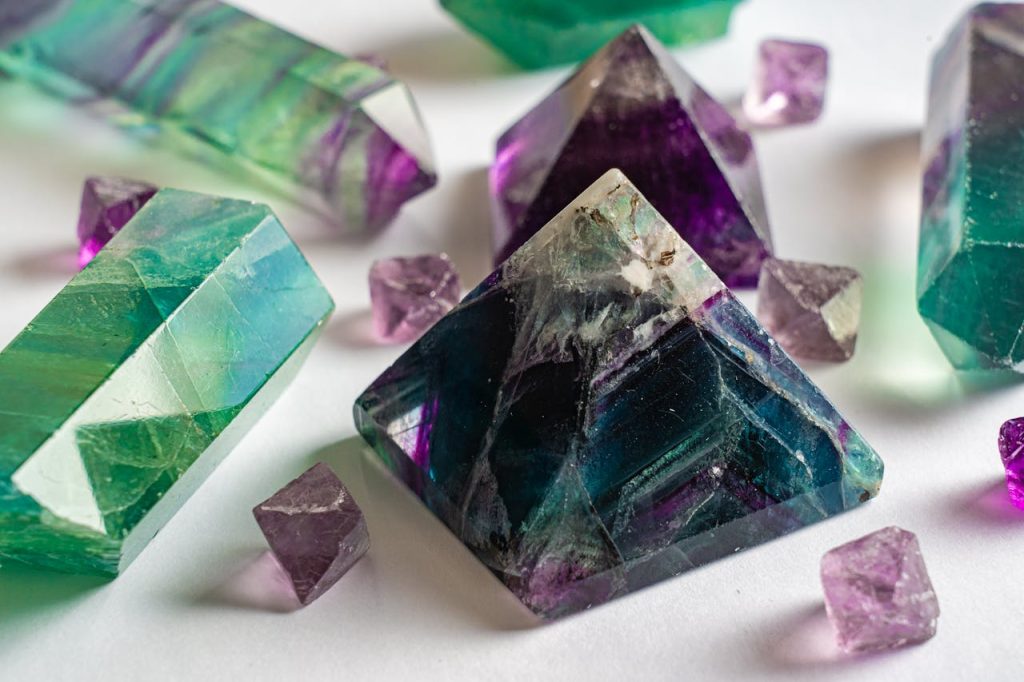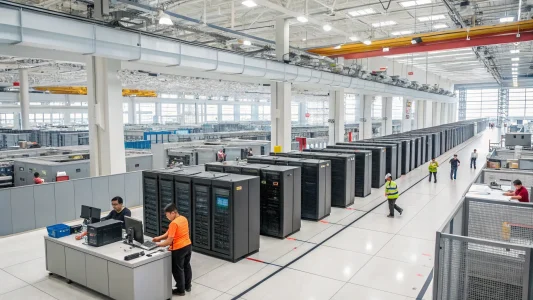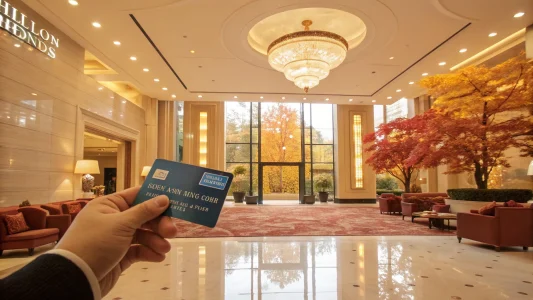As the United States and its allies attempt to counter China’s aggressive trade tactics, a wave of billion-dollar deals is reviving the once-dormant Western critical-minerals industry.
Private and government investors have poured money into rare-earth companies since China started limiting rare-earth exports in April, forcing auto factories to stop production and driving prices sharply higher. To establish a non-Chinese supply chain for materials essential to high-tech manufacturing, these companies are expanding their plants, hiring technical specialists, and purchasing rival companies.
America invests heavily in rare-earth mineral companies
Rare earths will probably be the main topic of discussion during President Trump and Chinese leader Xi Jinping’s meeting on Thursday in South Korea. Treasury Secretary Scott Bessent stated on Sunday that he anticipated Beijing would consent to postpone some planned export restrictions as part of a trade agreement. Few analysts, however, think the two leaders will settle the conflict completely.
A $1.8 billion consortium, partially supported by U.S. government funds, was announced recently by metals-focused investment firm Orion Resource Partners to secure vital minerals for the United States and its allies. Trump and Australian Prime Minister Anthony Albanese inked a deal earlier last week to pool funds for critical-mineral and rare-earth projects.
In the wake of that announcement, the U.S. Export-Import Bank announced that it would potentially finance seven mineral projects in Australia with $2.2 billion. The Defense Department will invest in a state-of-the-art gallium refinery in Western Australia to manufacture semiconductors, the White House added. As part of a $1.5 trillion strategic investment initiative, JPMorgan Chase also promised $10 billion to businesses that are essential to national security, such as those that produce rare earth elements. The bank took its first step on Monday, investing $75 million in Perpetua Resources, a mining company based in Idaho that will produce antimony, a crucial defense mineral that is currently controlled by China.
Private investors and western producers
Private investors have done the same. This year, the stock of MP Materials, the top rare-earth miner in the United States, quadrupled, increasing its market value to about $12 billion. The share price of Australian company Lynas Rare Earths has tripled in 2025 since it raised $500 million from investors in August.
Western producers are finally gaining traction after years of struggling to compete with China’s state-backed mineral giants. Beijing’s stricter export regulations this year have demonstrated that China’s hegemony in rare earths is a weapon it can use against the United States at any time, not just a theoretical threat.
In response, the U.S. government has taken steps to stabilize the market, such as setting a price floor for MP Materials to protect it from any price collapse brought on by China. In the meantime, Ucore Rare Metals, a Canadian processor, received $18 million from the Pentagon to construct its first commercial plant in the United States in Louisiana. This facility will convert raw rare earths into industrial oxides.
Featured Image Credit: Castorly Stock; Pexels: Thank you!















